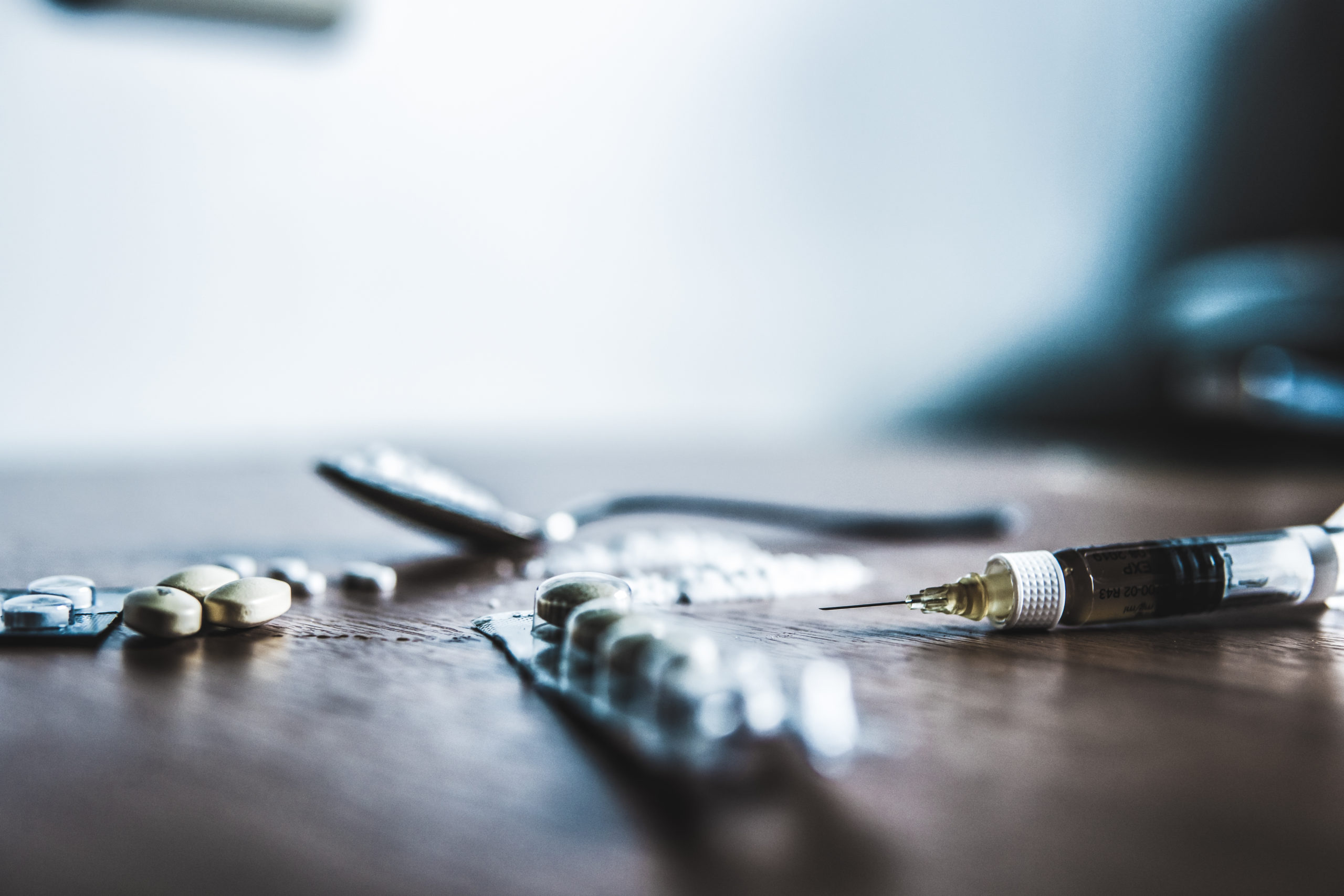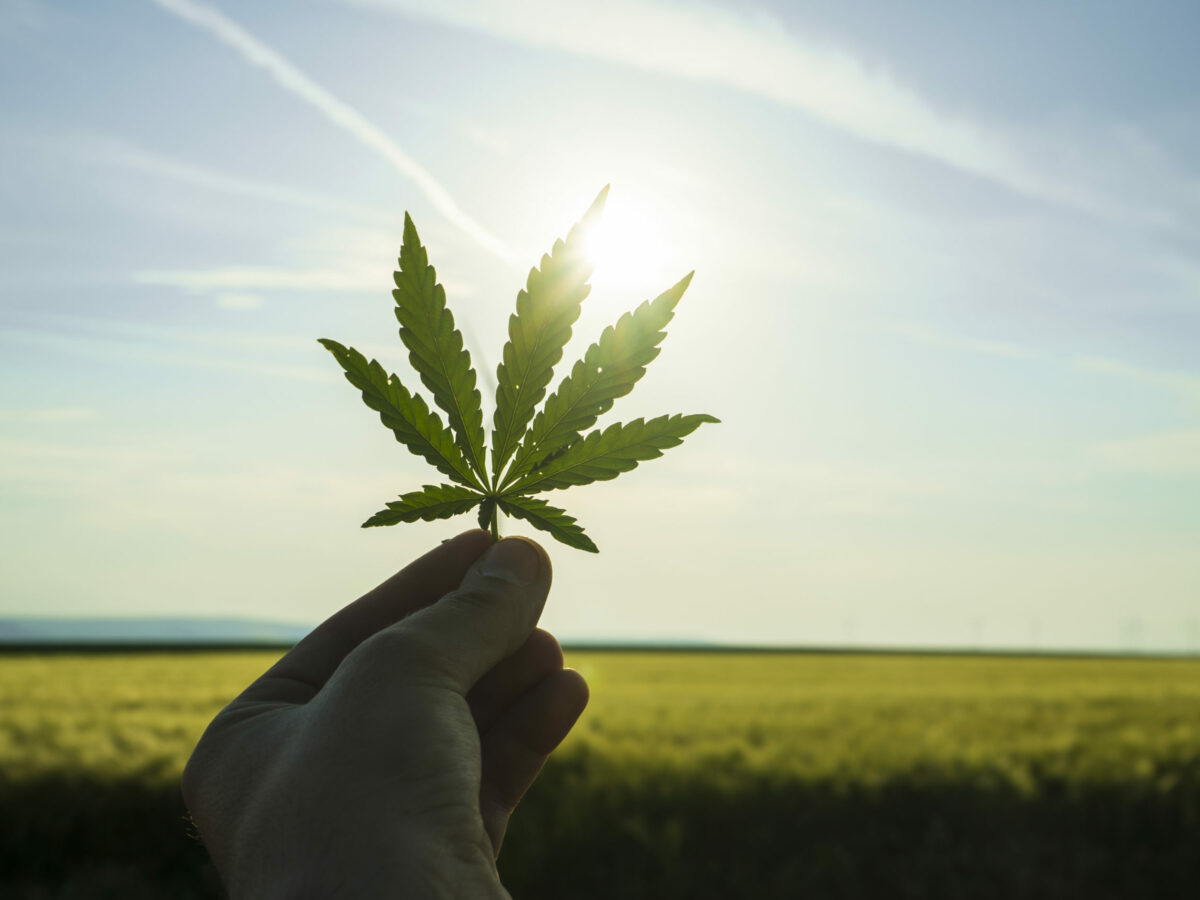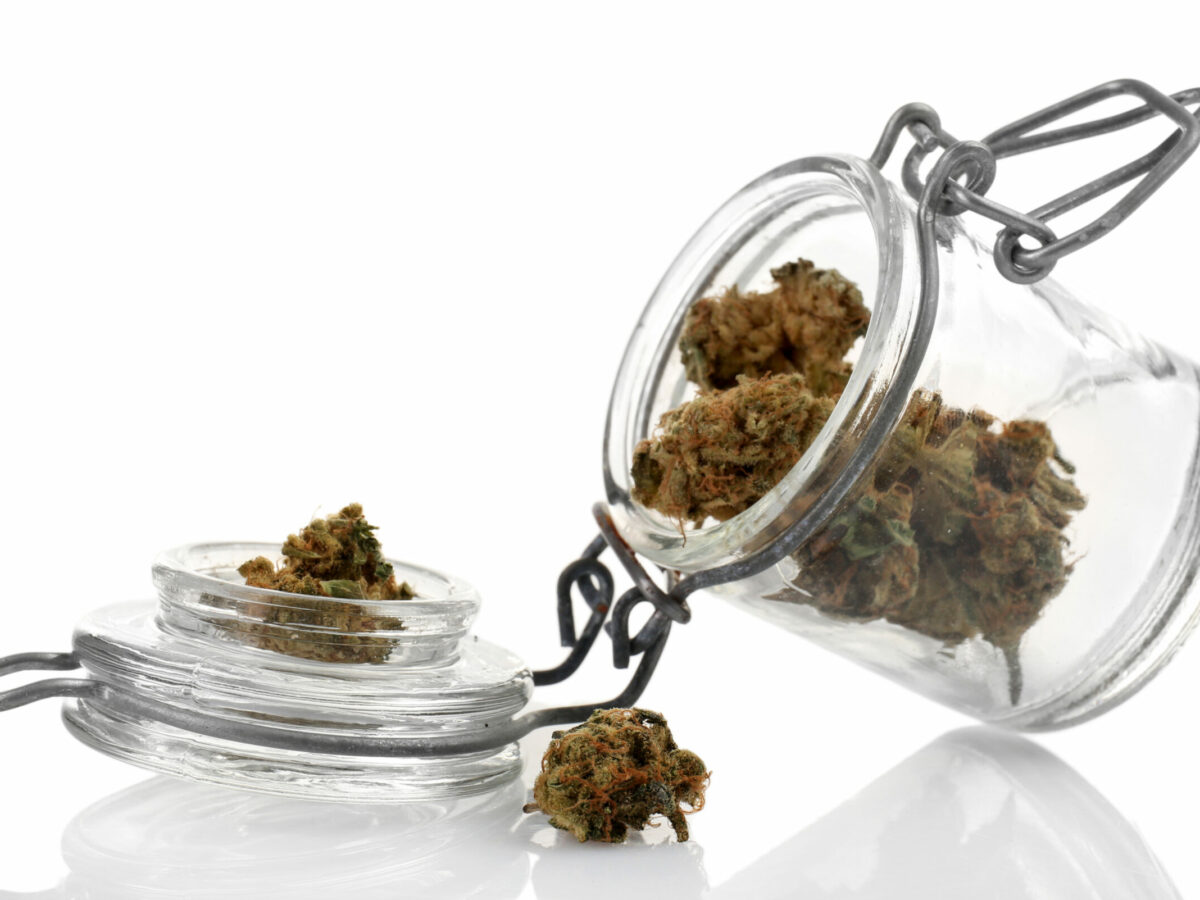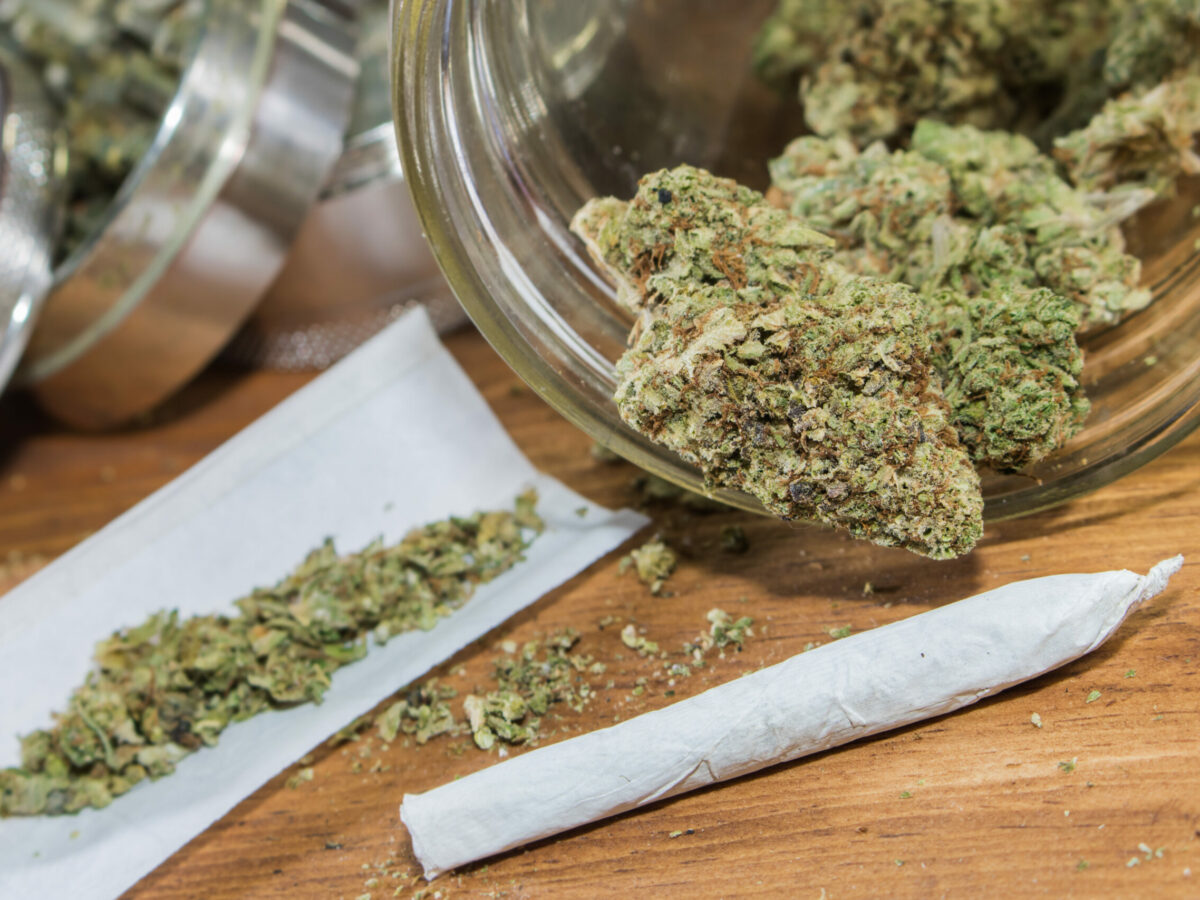Advocates say tragic incidents like last week’s deadly spate of overdoses in Southwest D.C. could be avoided by decriminalizing drugs and implementing policies that seek to protect, rather than punish, people suffering from addiction.
Three people died near Nationals Park on Friday after a potent batch of fentanyl led to at least 10 overdoses, according to a report by DCist. The overdoses sent first responders and local officials scrambling to track down the deadly batch, and to notify residents of its circulation to prevent further casualties.
In the aftermath, city officials expressed condolences for the victims’ families and reminded residents to call 911 if they witness someone overdosing. D.C. Police Chief Robert Contee said his department would work with federal authorities to investigate the incident, and to bring charges “against the individuals who are responsible for putting this poison into our community.”
It was a largely familiar response to a public health crisis that has ballooned during the coronavirus pandemic, and is showing no signs of slowing down.
Overdose deaths – particularly from fentanyl, a synthetic opioid up to 100 times more potent than morphine – are on the rise across the country. More than 100,000 people died of overdoses in the U.S. between April 2020 and April 2021, a record high and a 28.5% increase from the previous year, according to the CDC. Fentanyl and fentanyl analogues were responsible for nearly two thirds of those deaths.
In the District, fatal overdoses were up 46% in 2020 and on track to increase again in 2021 – a trend experts link to pandemic isolation, a lack of resources for addiction treatment and fentanyl’s emergence as a ubiquitous drug on the illicit market.
In an effort to stem the epidemic, some courts have started taking a more aggressive approach to prosecuting fentanyl dealers. On Wednesday, federal attorneys for the Southern District of New York charged a Brooklyn man in the death of “The Wire” actor Michael K. Williams, who overdosed on fentanyl-laced heroin last September.
But experts and advocates are increasingly coming to the conclusion that until drugs are fully decriminalized, deadly overdoses are bound to keep happening.
Since the fentanyl deaths in D.C., Johnny Bailey has been driving around Southwest to hand out Narcan, a life-saving drug that can quickly reverse overdoses. He said most people who end up taking fentanyl think they’ve consumed a less lethal drug, like heroin or benzodiazepine (“benzos”).
“It’s not something that people intend to take,” said Bailey, who works as a community outreach coordinator for HIPS, a grassroots D.C. organization that promotes a “harm reduction” approach to addiction.
Dealers lace more expensive drugs with fentanyl, a synthetic that is cheaply produced in clandestine labs, to lower their costs and increase profit margins. The practice – also known as “cutting” – has become even more common during the pandemic, which has disrupted the global supply chain for illegal substances.
“Since the pandemic, there’s just been more and more inability across the chain to get straight dope or to get straight anything anymore,” he said.
Bailey, who said he used to struggle with addiction, is part of a growing number of advocates and health experts who say people with substance-abuse disorders need access to a “safe supply” of drugs. The idea is to provide people with a controlled amount of drugs that is free from deadly substances like fentanyl. “Safe supply” advocates also support creating “safe injection sites” where people can use drugs in a supervised setting, minimizing their risk of overdosing.
“If we had a safe legal supply and if there could be safer injection sites, these things could be easily monitored,” said Bailey.
In October, HIPS joined a coalition of advocacy groups in launching a campaign to decriminalize all drugs in D.C. and to create safe-injection sites. The group has since drafted a bill to be introduced at the D.C. Council, though they have yet to find a sponsor for the legislation.
“Obviously, there’s an emergency situation going on right now,” he said. “We need people who are going to step up to the plate right now and do what’s best for the community, which is to stop making things more dangerous for no real reason.”
Good samaritan laws in D.C. shield people who experience or call in an overdose from being arrested, charged or prosecuted for drugs found at the scene. Bailey said D.C. police usually respect those laws, but law enforcement’s heavy presence in neighborhoods where addiction is rampant can be intimidating, and pushes people to consume drugs out of public view, where they’re unlikely to find help if they overdose.
At a press conference on Monday, D.C. Police Chief Robert Contee said overdoses are “not the time to worry about whether or not someone is getting in trouble.”
But Bailey said that message clearly isn’t getting through to drug users.
“You can tell people all you want they’re not going to get in trouble, but if police are roaming the neighborhood with the lights on, all they’re thinking is that they’re going to get into trouble,” Bailey said.
He said people often worry decriminalization will lead to more drug use and pose a risk to public safety, but that concern is largely unfounded.
“The laws are not holding people back from using, they’re holding people back from using safely.”
On Feb. 17, HIPS will host an “emergency conversation” on the opioid crisis at D.C.’s Southwest Library. The event will include a demonstration on using Narcan to reverse overdoses.



